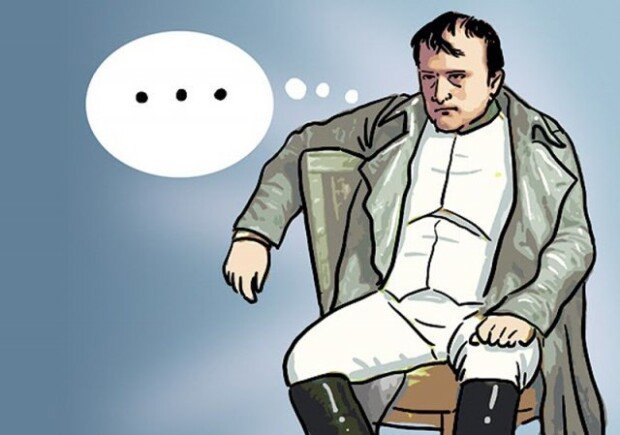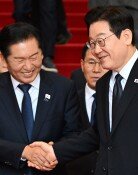The Battle of Waterloo and Napoleon’s mistake
The Battle of Waterloo and Napoleon’s mistake
Posted February. 28, 2023 07:54,
Updated February. 28, 2023 07:54

Although Napoleon was known for his relentless pursuit of new ideas, paying little heed to the past, there was one battle that he could never forget: the battle of Waterloo. Legend has it that during his exile on the island of Saint Helena, Napoleon remarked, "If only I could turn back time and lead the battle once more."
In the Battle of Waterloo, Napoleon made a number of mistakes that ultimately led to his defeat. Biographers of the French general often point out that he failed to adhere to his own lessons during the war. He allowed the battle to take place in a location where the enemy was well-prepared, without even having a chance to observe the area beforehand. Instead of adequately scanning the battlefield, he spent more time seated at a table than on a horse. Additionally, Napoleon initiated the war far too late for unknown reasons.
Napoleon remained far behind the front lines during the battle, putting Michel Ney in charge. When the Prussians arrived to reinforce the Allied forces, Napoleon mistakenly believed that they were retreating, which was a groundless accusation.
He acted slowly, hesitantly, and without informed decision-making. Instead, he relied on faith. Many who felt sorry for the fallen emperor attempted to find explanations for his failings, citing stomach cramps, hemorrhoids, obesity, and lack of sleep. However, if all of these assumptions were true, Napoleon would have been a critical patient in need of hospitalization.
Although it's difficult to know why Napoleon wasn't as sharp as he had been in previous battles, his groundless conviction was the decisive factor that cost him victory at Waterloo. He famously declared, "We will be victorious within 30 minutes," a statement that had been true in his past wars but ultimately proved false in this case. Perhaps his defeat in the Russian war had affected him, or maybe his fear of failure had clouded his judgment.
Whatever the reason, when Napoleon struggled with his emotions, no one was around to provide him with the right advice. This trend can be seen even in the current Russian-Ukraine conflict, where any unfavorable comment towards one side can trigger anger and accusations of bias. An increasing number of people are trying to link ideology and sentiment to every aspect of society, making it nearly impossible for anyone to achieve victory in such an atmosphere.





![[속보]한덕수 1심 징역 23년 선고…“내란 가담자 중벌 불가피”](https://dimg.donga.com/c/138/175/90/1/wps/NEWS/IMAGE/2026/01/21/133201789.1.jpg)

